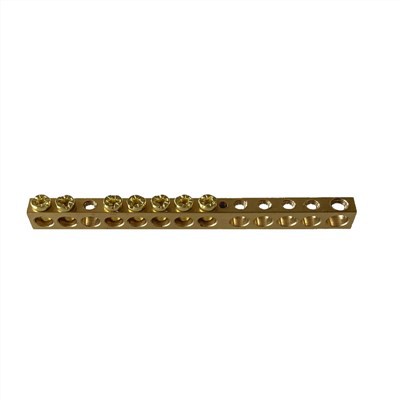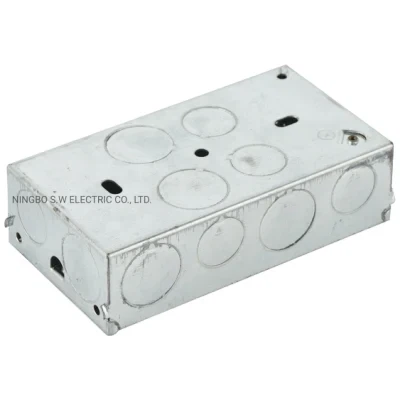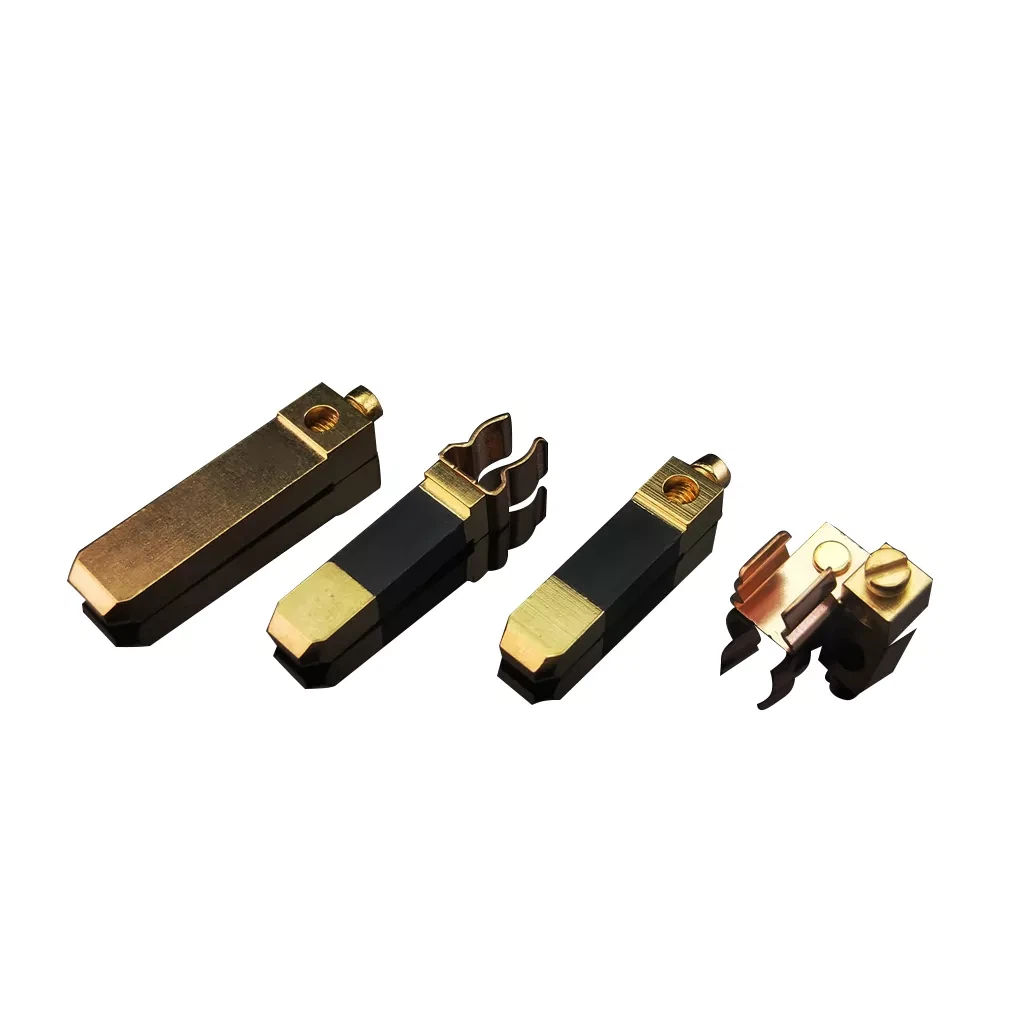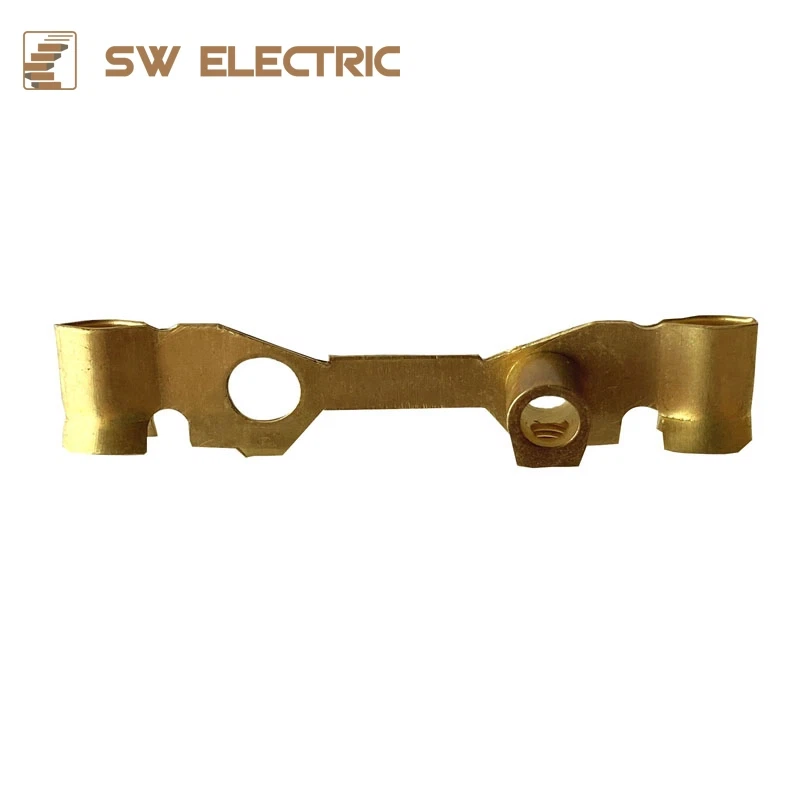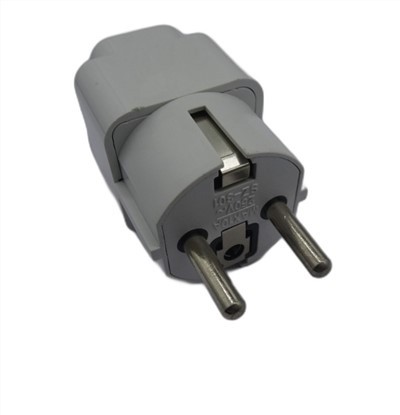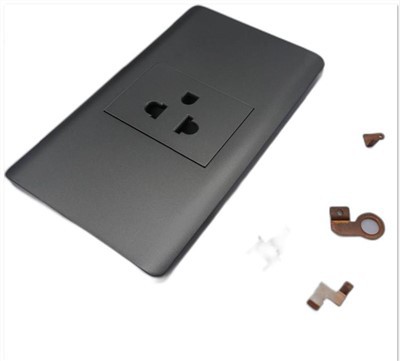Benefits Of Industrial Plugs And Sockets
Industrial and multiphase plugs and sockets provide a connection to the electrical
mains rated at higher voltages and currents than household plugs and sockets.
They are generally used in polyphase systems , with high currents, or when
protection from environmental hazards is required. Industrial outlets may have
weatherproof covers, waterproofing sleeves, or may be interlocked with a switch
to prevent accidental disconnection of an energized plug. Some types of
connectors are approved for hazardous areas such as coal mines or petrochemical
plants, where flammable gas may be present. While some forms of power plugs
and sockets are set by international standards, countries may have their own
different standards and regulations. For example, the colour-coding of wires may
not be the same as for small mains plugs.
It is the electricity that is powering the world in which we are living today. A good
number of resources of this planet are put to use just to generate electricity.
Thus, it should be our constant endeavour not misuse it and utilize it efficiently.
To ensure this we must use highly efficient and reliable electrical devices and
equipment. Similarly, good quality plugs and sockets that helps in the power
transmission must also be used.
The industrial plugs and sockets connect various electrical appliances used in an
industry. The socket, wire, and plug complete a connection and it is through them
we can harness the benefits of electricity. Therefore, there is a need to take an
extra care of the plugs and sockets that we put to use.
Construction and Color Coding
Generally the plug is the movable connector attached to an electrically operated
device’s mains cable, and the socket is fixed on equipment or a building structure
and connected to an energized electrical circuit. The plug has protruding pins or,
in US terminology, blades (referred to as male) that fit into matching slots or
holes (called female) in the sockets. A plug is defined in IEC 60050 as an accessory
having pins designed to engage with the contacts of a socket-outlet, also
incorporating means for the electrical connection and mechanical retention of
flexible cables or cords, a plug does not contain components which modify the
electrical output from the electrical input (except where a switch or fuse is
provided as a means of disconnecting the output from input). In this article, the
term “plug” is used in the sense defined by IEC 60050. Sockets are designed to
prevent exposure of bare energised contacts.
To reduce the risk of users accidentally touching energized conductors and
thereby experiencing electric shock, plug and socket systems often incorporate
safety features in addition to the recessed slots or holes of the energized socket.
These may include plugs with insulated sleeves, recessed sockets, sockets with
blocking shutters, and sockets designed to accept only compatible plugs inserted
in the correct orientation.
Voltage rating and other characteristics are represented by a colour code
(in three-phase plugs the stated voltage is the phase-phase voltage, not the
phase-neutral voltage). Plugs have the earth pin of a larger diameter than the
others, and located in different places depending on the voltage rating, making it
impossible to mate, for instance, a blue plug with a yellow socket. Since the
different current ratings have different overall sizes, it is also not possible to mate
different pin configurations or current ratings. For example, a 16 A 3P+E 400 V
plug will not mate with a 16 A 3P+N+E 400 V socket and a 16 A P+N+E 230 V plug
will not mate with a 32 A P+N+E 230 V socket.
Industrial Socket
A socket is a way through which the plug connects the appliance, which generally
consists, plastic covering that coats the wiring and socket loops provided in the plug settings such that nickel is coated in the wires to avoid corrosion as well as
easier conductivity.
An artificially hollow electrical device in which plugs of several applications fits in,
to receive the adequate energy, is called Industrial socket. These days many
different types of sockets are available as per the application and requirement.
Some of the main types are raw socket, stream socket, datagram socket, etc. Also,
the industrial sockets are available in the various combinations of pins.
Industrial Plug
A plug consists of easier words pins, holder translator and connector. A socket
holds in detail, a thread to ensure contact, an open contact sleeve to protect it by
dust and other dirt, special design to hold the socket current, one-piece contact
pin in conductivity and nickel plated for non-corrosion conductivity.
An important electrical device that is used to connect various electronics with the
source of electricity is called an Industrial Plug. A plug gets fit into socket to
receive the necessary power that it requires to run the electrical equipment. It
acts as a medium between the electrical device and the socket to transmit
electricity. It’s main function is to connect and disconnect the application
whenever required.
Application In Industries
The industrial plugs and socket are used in industrial levels to work along with the
high power status. The plugs and sockets are generally utilized at various plat
work to increase the working capacity so that the work is uninterrupted and
easier to handle. It is used in almost all types of industries as that involves large
appliances in it like, entertaining, technical, shipping, oiling, research, testing
etc. They are specially designed according to the need in the industry working.
There are various types and categories in it like, the exposed installation and
hidden installation type. According to the protection the circuit breaker and protector type, according to interlock, there are interlock, technical interlock, and
easy interlock type.
At C&S Electric, it is our consistent endeavour to bring the best quality industrial
plugs and sockets for our customers. Our range of industrial plugs and sockets are
safe, reliable and durable. The range is designed to meet individual application
needs and is available from 16A to 63A up to IP67 rating.
Key Benefits of industrial plugs and sockets are:
· Industrial plugs and sockets are so much safer to use than bare wires and
cables in unusual conditions. In places having high temperature or humidity they
work perfectly well, as most of the high-quality industrial plugs and switches are
made of thermoplastic material and are water-proof.
· They are relatively cheaper and affordable than other wires or cables that are
used for various purposes.
· Industrial plugs and switches are essential and necessary for any electrical
devices to connect and disconnect with the power.
· They are not only easy to install but are extremely convenient to use, high
impact resistant and have a long life.
· They act as a circuit breaker in times when an unusual electric current passes
through the electronic components. Thus, help to keep appliances and the lives of
people safe.


